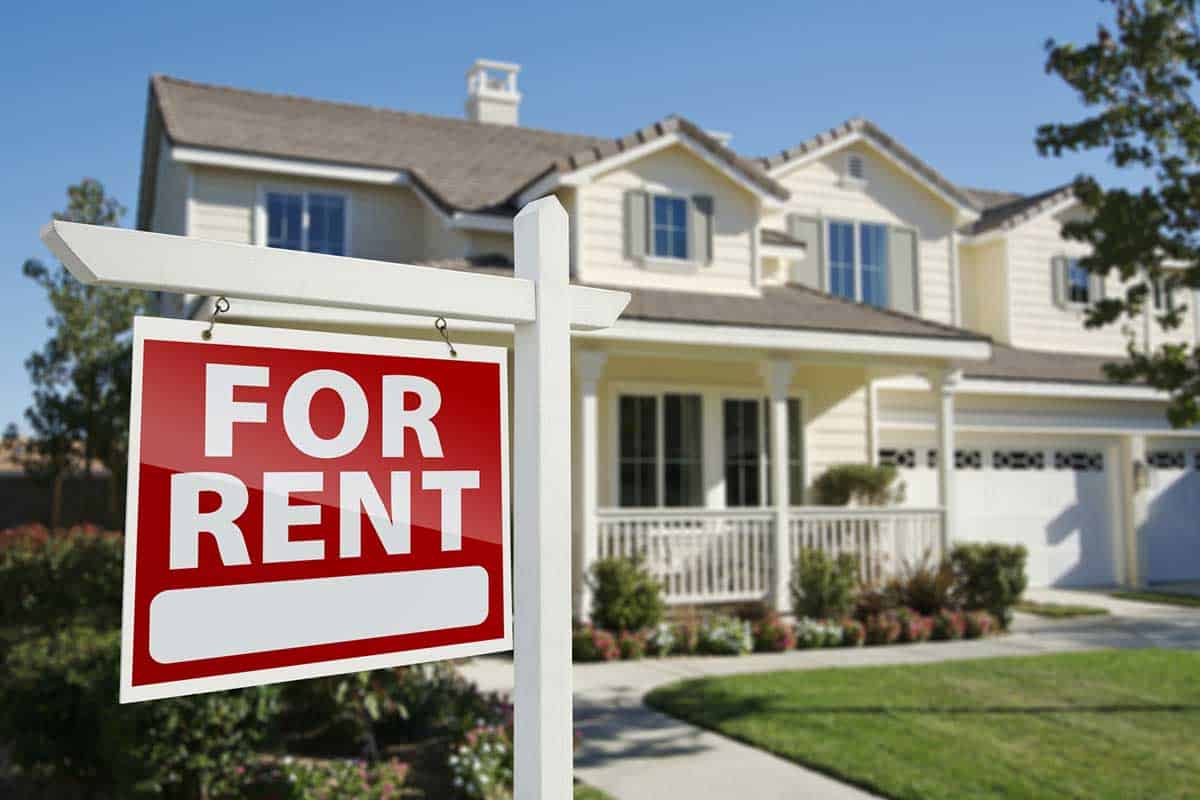This page may contain affiliate links. If you click and buy, we might get a small commission at no cost to you.
Renting your home can be a great way to make extra income, and even help pay for the property itself. But can you rent your house to yourself? The ideal of renting to yourself sounds appealing to those who assume they can use their home as a tax break. Unfortunately, self-renting isn’t an easy thing to do, and can actually create expensive problems for you.
Can you rent your house to yourself?
In theory, you can rent your house to yourself. Although the benefits that most people think they will receive don’t come close to compensating for the headache and extra work that is required.
For example, you will need to create an LLC in order to rent the house to yourself. The house will then need to be purchased or transferred to the LLC. You will then pay your monthly rent to this LLC. The LLC will also need to be an active business, which means it will need to file its own tax return.
Is it legal to rent your house to yourself?
It isn’t illegal to form an LLC and then rent your house to yourself, but you will need to follow strict rules. One of which is having an active business and filing a tax return for said business.
What you cannot do, however, is to turn personal expenses into a business loss. The IRS may flag your tax return for an audit if you try to scheme your way out of paying taxes for your home. This in itself can lead to massive fines and the potential for criminal charges.
Are there any benefits of renting your house to yourself?
Most people assume that by renting a house to themselves they can benefit from various tax breaks. While you may be able to claim some of the expenses associated with the home, there are usually more obstacles to renting your house to yourself than benefits you could get from it.
One of the things that often causes people to consider renting their house to themselves is the potential of claiming their homes’ deprecation on its value. While it is true that you can claim this as a loss, you will need to pay this money back if you ever sell the home.
Most tax experts and business attorneys agree that the only real benefit to renting a house to yourself is if you already have a legitimate business. For example, if you already own the building in which you run your small shop, you could see more tax benefits for your LLC if you own the building and then rent it to yourself. This is because the rent is considered taxable rental income and an approved deduction for your business.
So there are specific cases where renting real estate of some type to yourself can make sense. In some cases this real estate may even be a residential house that you rent to yourself, because you own the LLC that owns the house. So technically, you are renting to yourself. This would probably be a rare case however.
Downsides to renting a house to yourself
The idea of renting your house to yourself sounds good at first, but is it really the best option? Let’s look at the possible downsides to renting your home to yourself.
Bad interest rates
Along with trying to get the deductions and tax benefits passed the IRS, the biggest obstacle you will face is trying to obtain a mortgage with a good interest rate for the home. Banks typically give the best interest rates to non-businesses, such as a couple looking to purchase a home.
Not approved under your current contract
If you are trying to turn the home you currently live in into a rental property, you will first need to contact your mortgage lender to see if this is allowed under your current mortgage contract. If it is not, then you could break your mortgage contract by trying to rent the property.
Phantom income
The IRS does not allow for the deduction of phantom income from your tax return. For example, if you rent the home to yourself under your LLC for $800 a month, you are not able to deduct this amount from your personal tax return.
The $800 would need to be claimed as rental income for the LLC, which can then be considered phantom taxable income if you don’t have enough expenses on your LLC to cover it.
Losing tax breaks for homeowners
Another thing to consider is what benefits you would be losing by renting the house to yourself. In some states, for example, homeowners get a tax break on their property taxes. If you are a business renting the home, even if it is to yourself, you won’t get this property tax break.
Verdict: should you rent a house to yourself?
There is no real benefit to renting a house to yourself, especially when you consider the extra headache it can cause. If you don’t currently have an active business, then you could find yourself paying more money just trying to get a few tax breaks. Even if you currently have an active business, renting a house to yourself may still not be the ideal option for you.
It is always best, however, to discuss this matter with a tax attorney to ensure you don’t find yourself at the wrong end of the IRS. The attorney can discuss with you the ends and outs of the process and whether your specific situation warrants renting your home to yourself.



